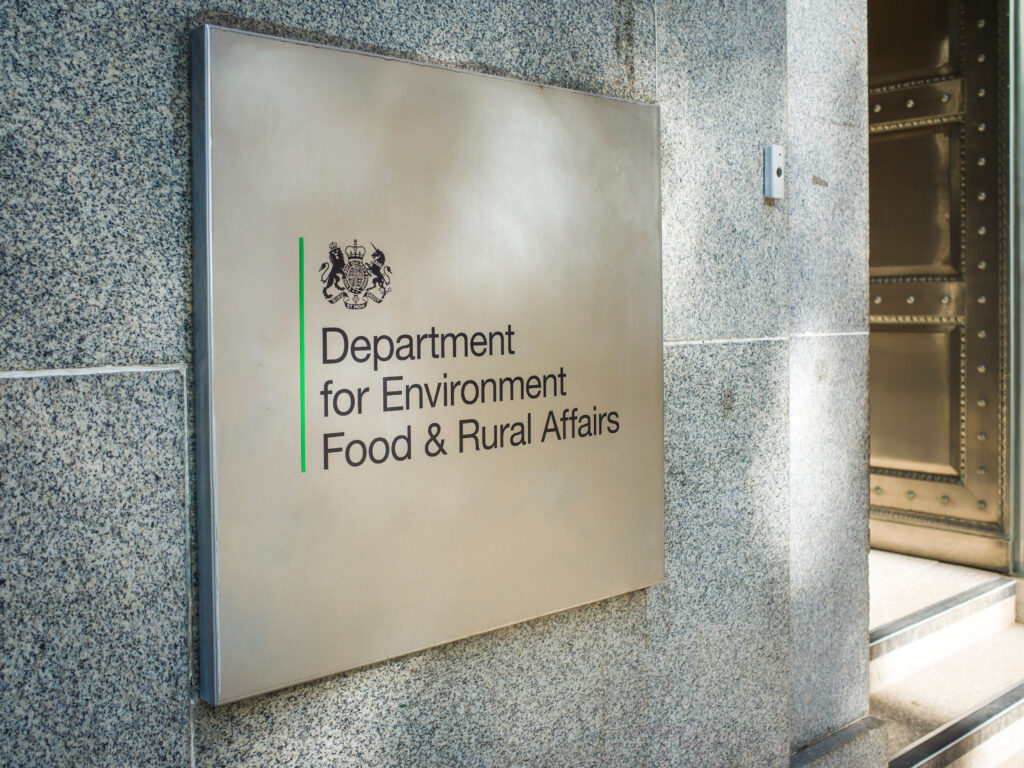This decision, made under regulation 62 of the Environmental Permitting (England and Wales) Regulations 2016, comes amid growing environmental concerns and calls for a reassessment of the country’s waste management strategies.
The direction, which has taken effect from 5 April and remains in force until 24 May, instructs the Environment Agency to halt the determination of environmental permits for proposed waste incineration facilities, including Energy from Waste and Advanced Thermal Treatment plants.
This pause applies to applications received on or before 4 April, regardless of prior planning permissions.
In the direction, the minister highlighted the need for a “thorough review” of waste incineration’s role in waste management and its potential environmental impacts. He emphasised that the directive does not affect permits for hazardous or clinical waste facilities, small incineration plants or those involved in recycling activities.
Instead, it targets facilities primarily focused on energy recovery from waste.
Letter
In his letter to the Environment Agency, Mr Spencer wrote: “On reflection of your response and my concerns set out previously with regard to further expanding England’s waste incineration capacity, and the risks this poses to our objectives and environmental obligations, I am writing to inform you that I am issuing a Direction to the Environment Agency, under regulation 62 of the Environmental Permitting (England and Wales) Regulations 2016, to temporarily pause the determination of environmental permits for new waste incineration facilities, including Energy from Waste and Advanced Thermal Treatment.
“This applies to proposed developments that do not yet hold an environmental permit for waste incineration, regardless of whether they hold planning permission from the relevant planning authority.”
‘Political theatre’
Executive director of the ESA, Jacob Hayler, said: “The instruction by Defra to pause the determination of environmental permits for vital, high-performing, infrastructure is both out-of-the-blue and raises procedural questions that are likely to impact business confidence in the UK.
“Energy-from-waste facilities provide a vital public service and continue, after decades of use, to offer the safest and lowest-carbon viable treatment solution for the nation’s rubbish left over after recycling, at a time when England still sends millions of tonnes of residual waste to landfill and a further 1.5 million tonnes abroad each year.
“We understand that an EfW capacity study has been undertaken by Defra for some time now, so this unilateral measure to pause permit applications appears to be an unnecessary and unwelcome piece of political theatre.
“In practice, a two-month pause is unlikely to have a significant impact on projects in the context of, what is typically, a lengthy permit determination process – but our industry and investors will undoubtedly be keen to understand the motivations as well as the scope and outcomes of the Defra study that has prompted this pause.”
To find out more about changes in the sector, visit the National Letsrecycle.com Conference on 6 June at QEII Centre in London. To book tickets to attend or for more information please click here.









We are witnessing the start of what we hope will be a comprehensive moratorium on new waste incineration capacity in England. This follows similar moves in Wales and Scotland. For years UKWIN has been gathering evidence about how the over-provision of incineration has been holding back recycling in England. Wales banned new incineration capacity three years ago and is now achieving 66% recycling. Scotland’s recycling rate rose to more than 62% since introducing their moratorium. We hope this move, together with other measures, will support England to improve upon last year’s 43% recycling rate. UKWIN hopes the Scottish Environment Minister will now also direct the Scottish Environmental Protection Agency from issuing new permits for any incinerators that have yet to be built.